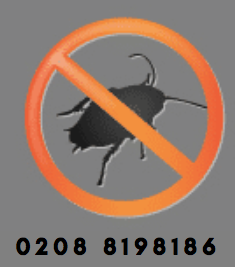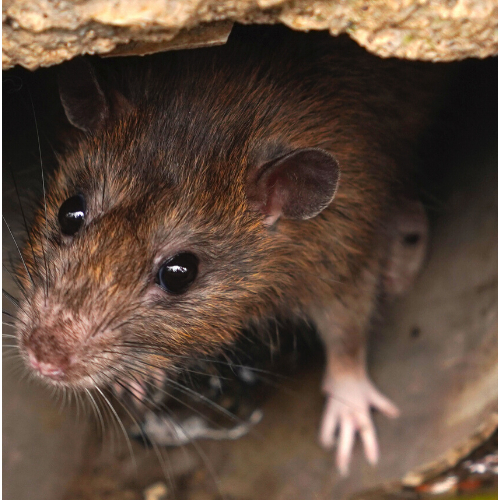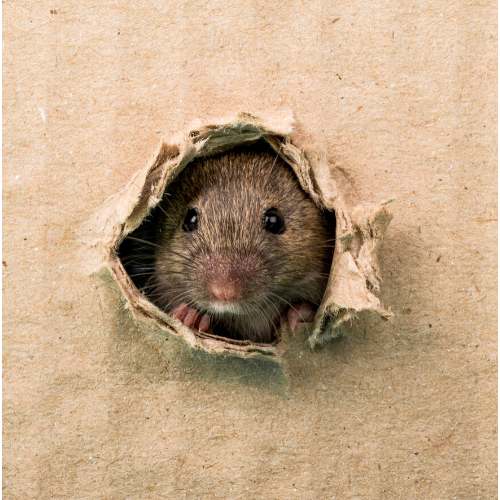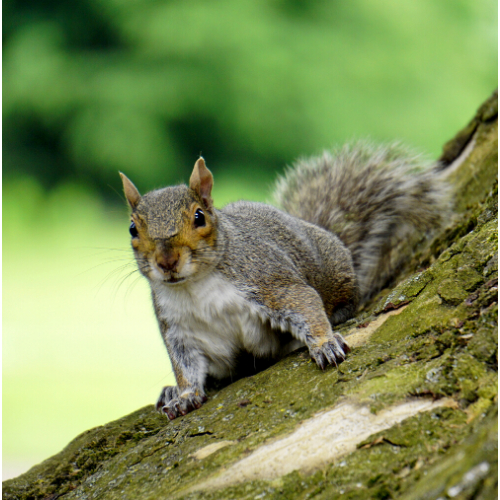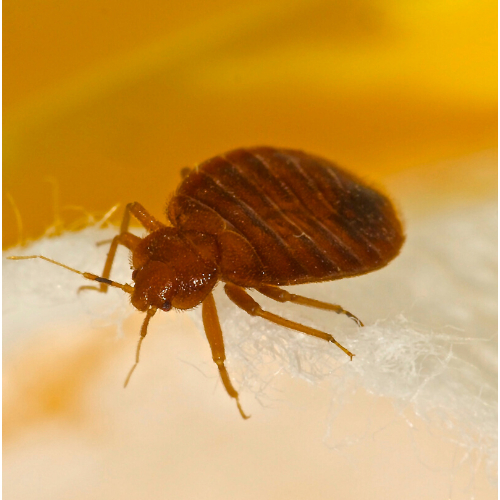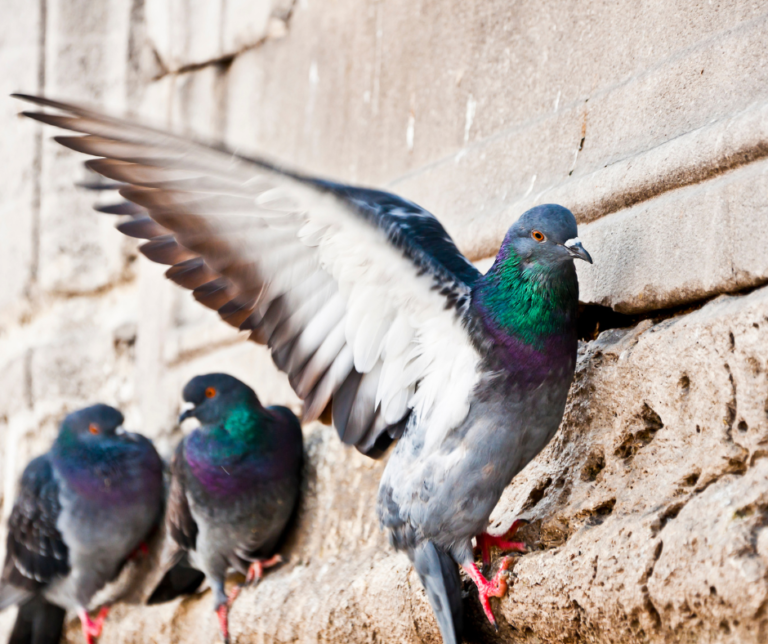Rat Exterminators in Islington: How Islington Pest Control Can Help
Rat infestations can be a challenging problem in urban areas like Islington, a vibrant and densely populated borough in North London. Rats are not only a nuisance but also a health hazard, capable of carrying diseases and causing significant property damage. In response to these issues, Islington Pest Control offers specialized services to combat rat infestations effectively. In this article, we’ll explore the importance of rat exterminators in Islington and how Islington Pest Control can provide assistance.
Understanding the Rat Problem in Islington
Rats are highly adaptable rodents that can thrive in urban environments. Islington, with its mix of residential, commercial, and green spaces, provides an ideal setting for rat infestations to occur. These pests can enter buildings through small openings, sewer systems, and other access points, making them a challenging problem to address without professional assistance.
The Role of Islington Pest Control for Rat Infestations
Islington Pest Control services play a crucial role in tackling rat infestations and preventing their resurgence. Here’s how they can help:
- Thorough Inspection: Pest control experts begin by conducting a comprehensive inspection of the affected area to identify rat burrows, entry points, nesting sites, and food sources. This assessment helps them formulate a targeted eradication plan.
- Effective Trapping and Eradication: Professional rat exterminators employ various trapping and eradication methods to efficiently remove rats from the premises. These methods are designed to minimize harm while ensuring effective control.
- Sanitation and Cleanup: Rat infestations often leave behind droppings and urine that can pose health risks. Islington Pest Control provides guidance on proper cleanup and sanitation to eliminate potential contamination.
- Sealing Entry Points: To prevent rat reinfestations, experts seal all potential entry points that rats could use to access the property. This includes sealing cracks, holes, and gaps in walls, floors, and foundations.
- Educational Resources: Islington Pest Control services educate property owners and occupants on rat prevention measures. They provide advice on maintaining a clean environment, securing food storage, and proper waste disposal.
- Ongoing Monitoring: Pest control professionals may recommend regular follow-up visits to ensure that rat prevention measures remain effective. This proactive approach helps detect and address any new infestations promptly.
- Compliance with Regulations: Islington Pest Control services are well-versed in local laws and regulations concerning pest control and wildlife management. They ensure that all actions taken are in accordance with these rules.
In conclusion, Islington Rat Control services for rat infestations are essential for maintaining a healthy, pest-free living and working environment in Islington. Property owners and residents can rely on these professionals to effectively manage and prevent rat problems, safeguarding their health and property. Rat exterminators in Islington play a vital role in ensuring the borough remains a safe and hygienic place for all its residents.
